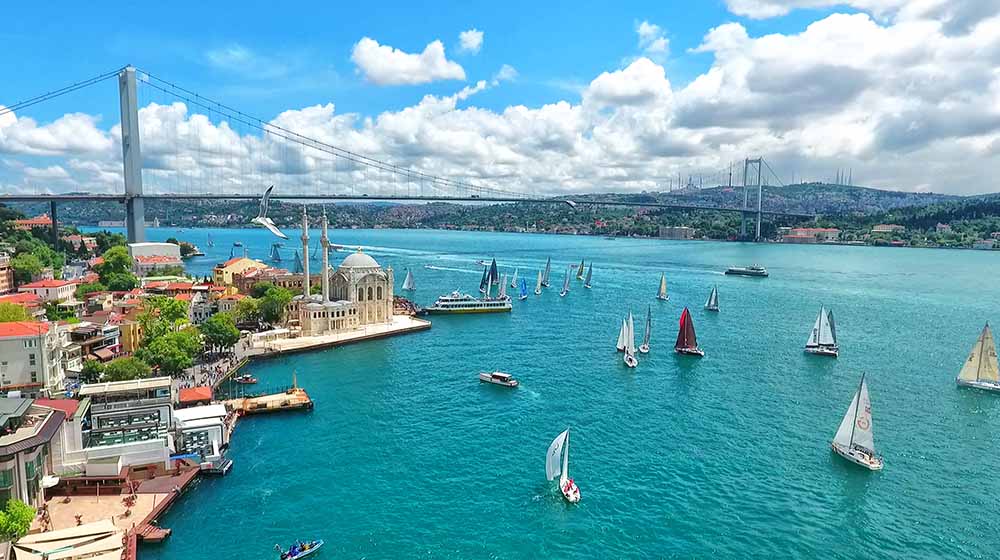Why Turkey ?

The medical tourism industry is developing worldwide and costs billions of dollars. Countries with advanced medicine are interesting for foreign patients, but the prices charged are often very high.
Although the quality of health services provided in Turkey ranks 1st among European countries and 2nd in the whole world according to health accreditation and certification, the cost of diagnosis and treatment here is much lower than in the United States or Western Europe.
So why should health providers in Turkey be preferred?
JCI (Joint Commission International) accreditation; This accreditation, given by the most authoritative organization to evaluate the activities of medical clinics, means that the hospital uses both effective and safe treatment methods for the patient, offers a well-organized work and provides comfortable conditions. More than fifty Turkish hospitals have received JCI accreditation. According to this indicator, it ranks leader in Europe and second in the world. Many hospitals in Turkey, besides JCI, ISO (International Organization for Standardization) and has local and international accreditations, including links with Western medical organizations.
Price; Although Turkish hospitals provide high quality health services, their costs are lower than those in Western Europe, the USA or developed Asian countries.
Medical facilities: Huge investments have been made in Turkish medicine over the past few years. A large part of this was for the development of medical tourism. Therefore, the vast majority of healthcare facilities in Turkey use the latest medical technology.
Infrastructure: Turkey is a holiday destination frequented by millions of foreign tourists a year. Therefore, there are major airports, many comfortable hotels, good roads and a convenient transport network. Only Turkish Airlines can transfer passengers to Istanbul with direct flights from 350 different airports.
Malpractice and Liability Law in Turkey: A report by Abigail Cotterill (from ADMD Medical Malpractice Law Firm in Turkey) explains that there are relatively few malpractice cases in Turkey. This is even the case where healthcare providers do not normally carry malpractice insurance and compensation is paid by the state in lawsuits against government facilities. In this context, the Forensic Medicine Association, which focuses on malpractice cases, was established in Turkey. Reforms have also been made to implement compulsory insurance for medical practitioners in both public and private healthcare facilities.
Hospitality: Foreign guests in Turkey do not encounter a negative attitude from the locals. There is no intolerance due to race, religion, culture or any other reason. Everyone understands that the country's economy largely depends on the number of tourists, and therefore, foreign guests are always welcomed in Turkey in the best way. It is for this reason that in 2019, more than 1,087,000 international patients from 165 countries applied and received health services in Turkey.
Holiday: In most cases, foreign patients do not just stay in the hospital as long as they stay in Turkey. Guests spend their free time doing many activities such as taking a vacation, visiting local attractions, participating in entertainment. Turkey is the 6th preferred destination center in the world for tourism, excluding health tourism.
Savings: Turkey is not an expensive country and therefore also non-health expenditures are not high. This is especially the case for patients requiring long-term treatment or rehabilitation.
Conditions of Entry and Exit to Turkey: In general, a valid passport and an appropriate visa are required for all passengers entering Turkey. Entry visas can be obtained on arrival in Turkey, as listed in Turkey's Ministry of Foreign Affairs. They can also be obtained from Turkish Consulates in the country of origin. Specific visa requirements for your country can be found on the Turkish Ministry of Foreign Affairs website.
In any case, Turkey offers ideal conditions for health tourism.

